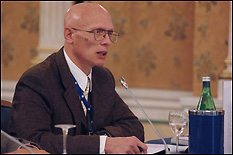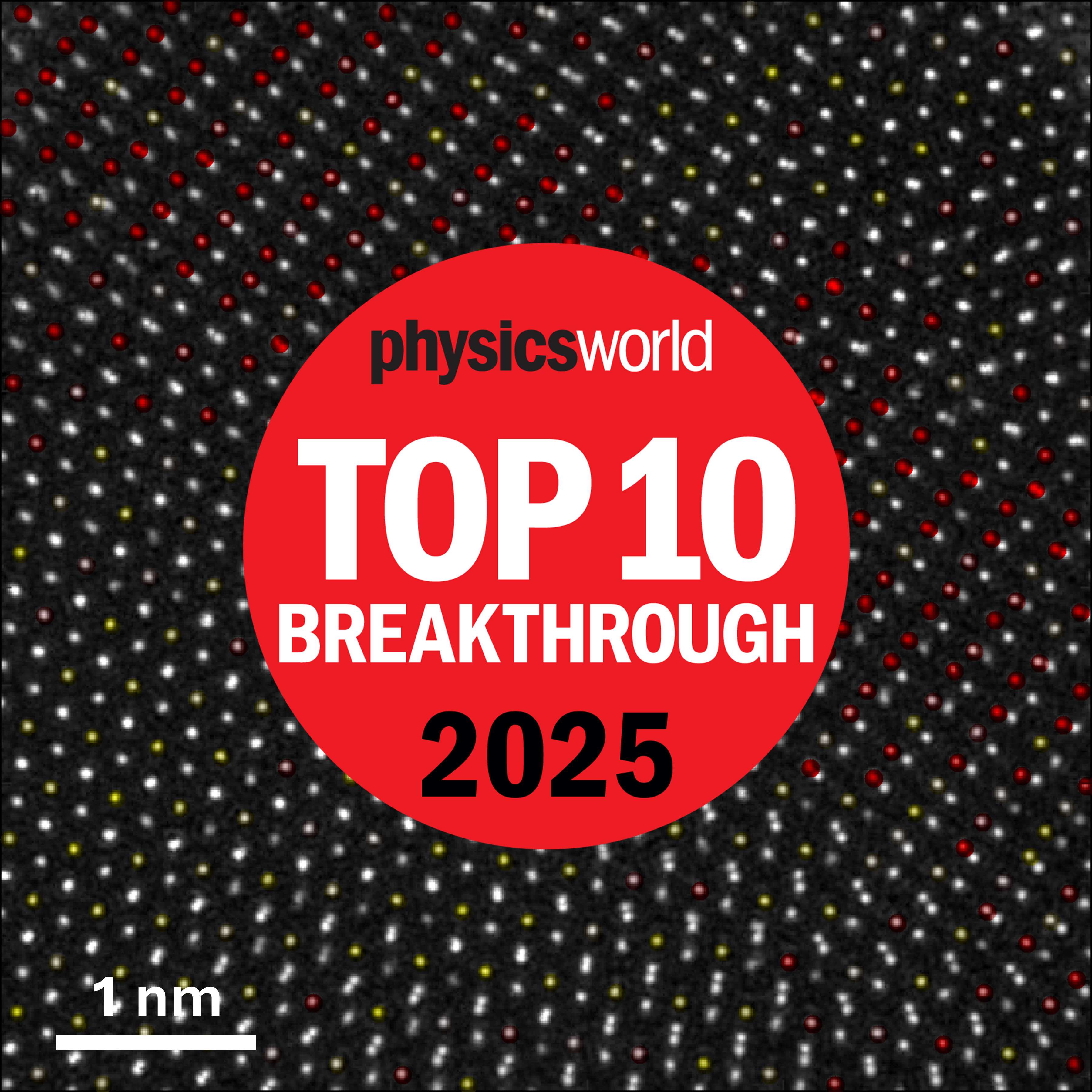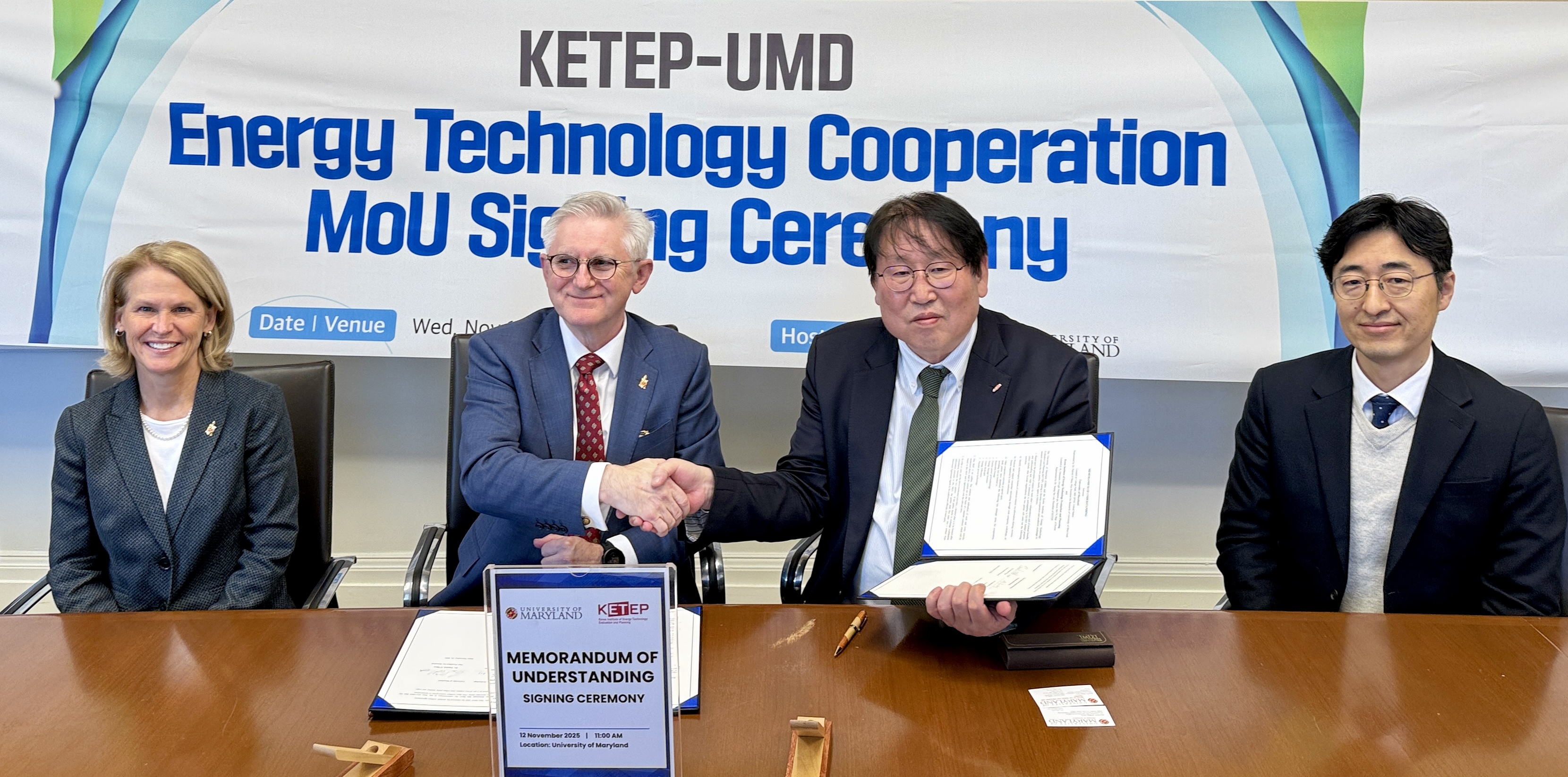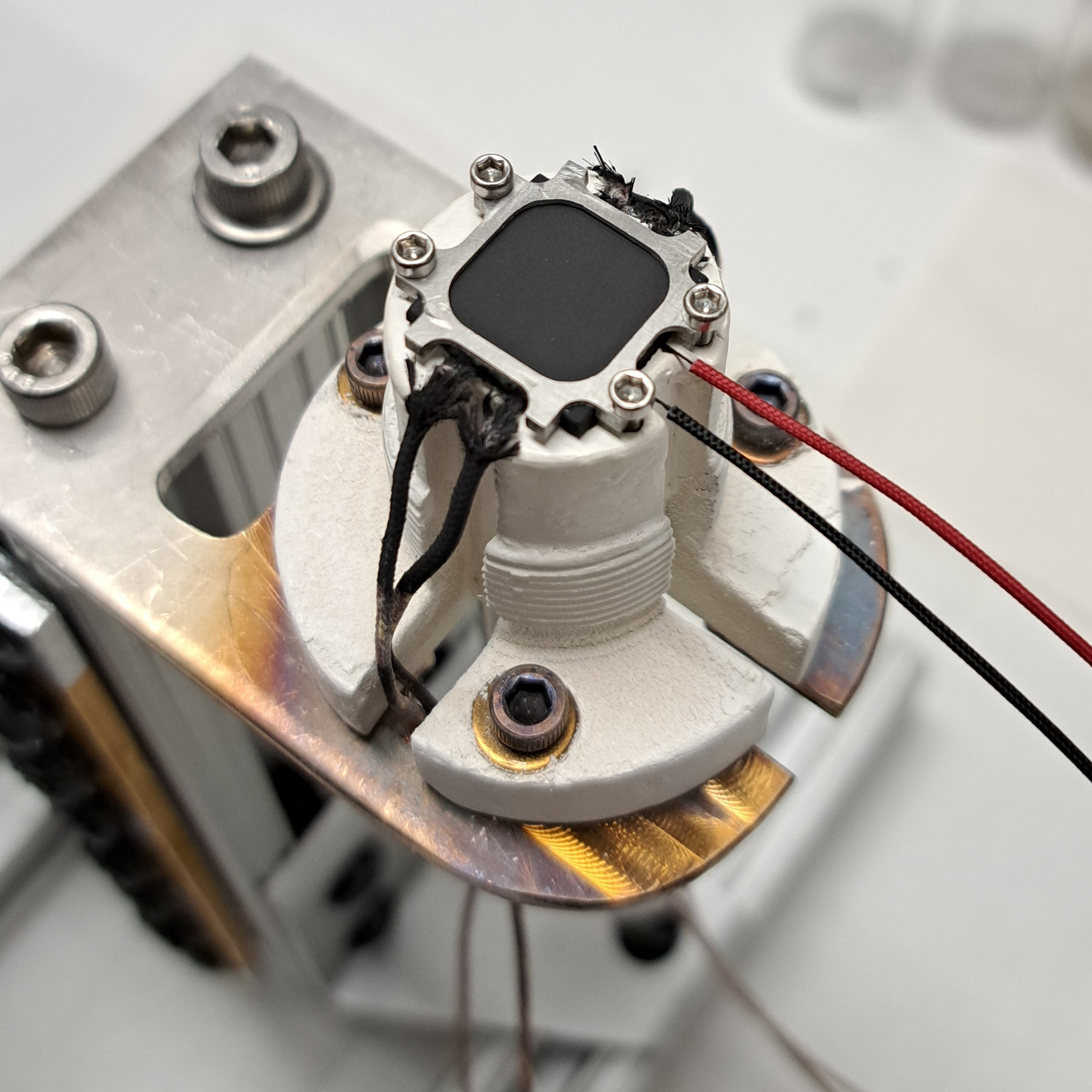News Story
Phaneuf Invited to Aspen Institute Italia's Transatlantic Dialog

Professor Raymond Phaneuf at the Aspen Institute Italia's Transatlantic Dialog.
Founded in the U.S. in 1950, the Aspen Institute is an independent, nonpartisan, international organization dedicated to open debate and the free exchange of knowledge and values. The Institute's goal is to address the complex problems, decisions and policies countries face in contexts such as mass media, business, academia, politics, and economics, in an effort to find common ground and create informed leadership. Italy's branch, Aspen Institute Italia, was founded in 1984, and is particularly dedicated to trans-Atlantic relations.
Phaneuf participated in the discussions generated from the presentations by invited speakers, including the role of the scientists in shaping public policy, the future of innovation, the complex relationship between scientists and the media, the interplay of religion and science, "dual use technologies" (developed by defense, but also applicable to civilian society), and the need for political and societal reality checks to help people understand that "science" does not always have solutions to our problems. Attendees also discussed these issues in the context of the particular research and economic challenges facing Italy's scientific communities.
"In one exchange I advocated a return of scientists to the scientific method," says Phaneuf. "—testing models with experiments, followed by refining those models, rather than relying on limited observations to make unsupportable statements…I also contributed to the discussion of the pros and cons of the U.S. approach toward fostering innovation vs. [the approach] used in Italy."
Phaneuf was selected for the Transatlantic Dialog based on his longtime experience in both countries' scientific and academic communities. Since 1984, his work in Italy has included collaborations with research groups at the Elettra Synchrotron Light Source in Trieste, serving as a visiting professor at the National Nanotechnology Institute in Lecce during his sabbatical year, spending time at the Italian Institute of Technology (ITT) in Genova, and publishing papers based upon the work carried out with his Italian colleagues during these visits. He has also given lectures at the University of Rome, the Istituto dei Materiali per l'Elettronica ed il Magnetismo (IMEM) in Parma, the ITT, and the National Nanotechnology Laboratory (NNL) in Lecce, and taught a course on nanocharacterization to Italian undergraduates at the NNL.
The large roster of high-profile speakers at the event included Italian Nobel Laureate Carlo Rubbia (Physics, 1984); UCLA-Berkeley Professor Richard A. Muller, author of Physics for New Presidents; Edward Luttwak, a consultant whose clients inclide the U.S. militaries, the U.S. National Security Council, and NATO; Giuliano Amato, Prime Minister of Italy from 1992 to 1993 and from 2000 to 2001; and Roberto Cingolani, Scientific Director of the Italian Institute of Technology.
For More Information:
Visit the Aspen Institute's 2009 Transatlantic Dialog web site »
Published December 14, 2009









